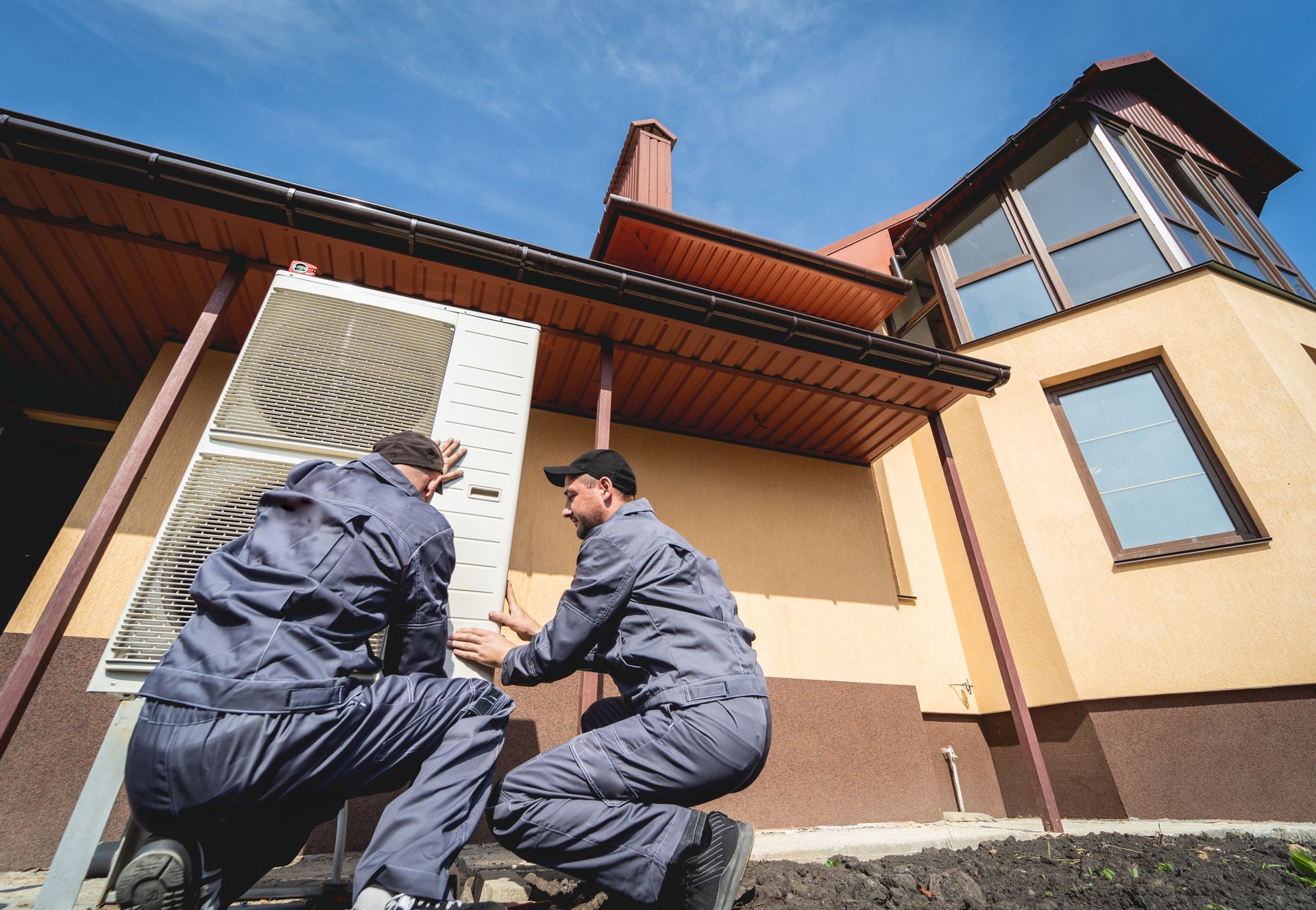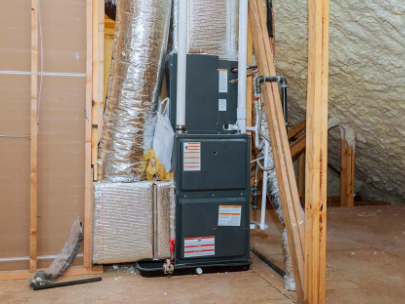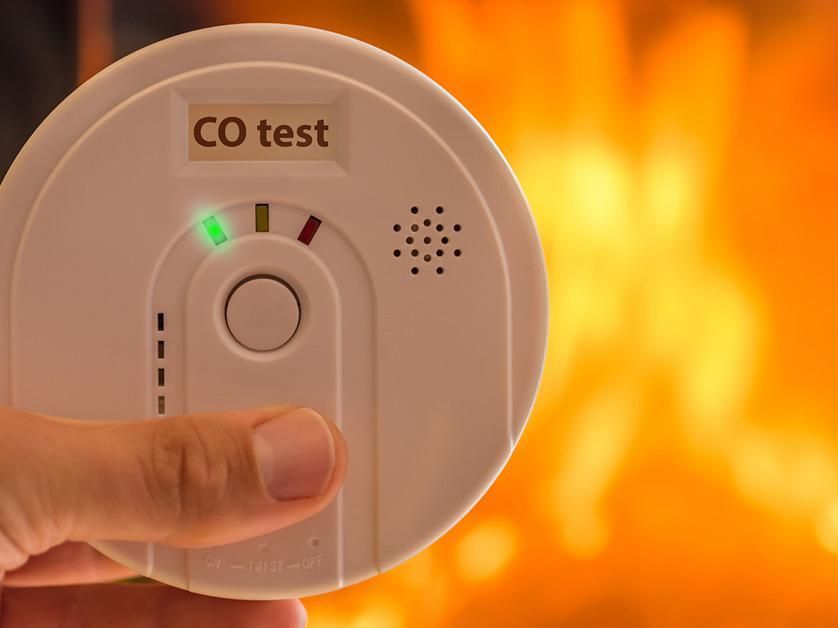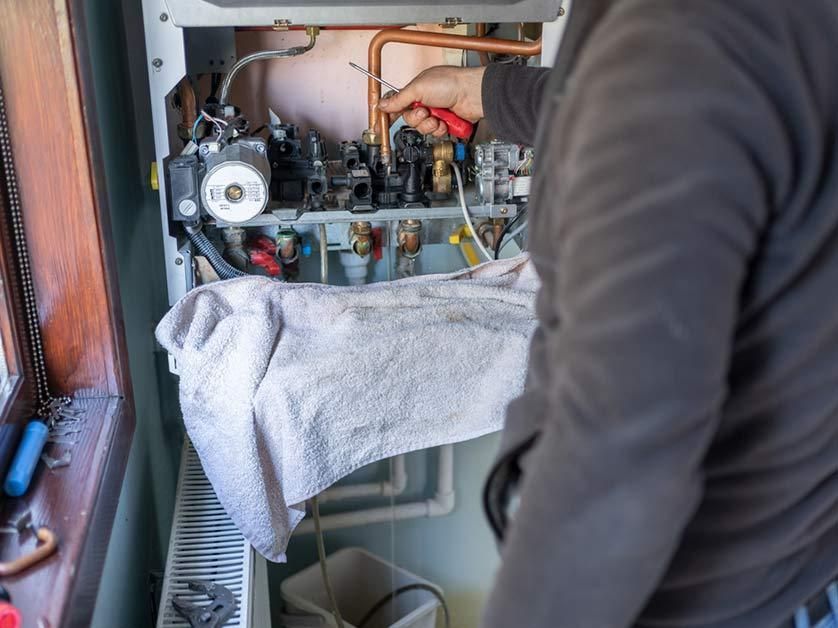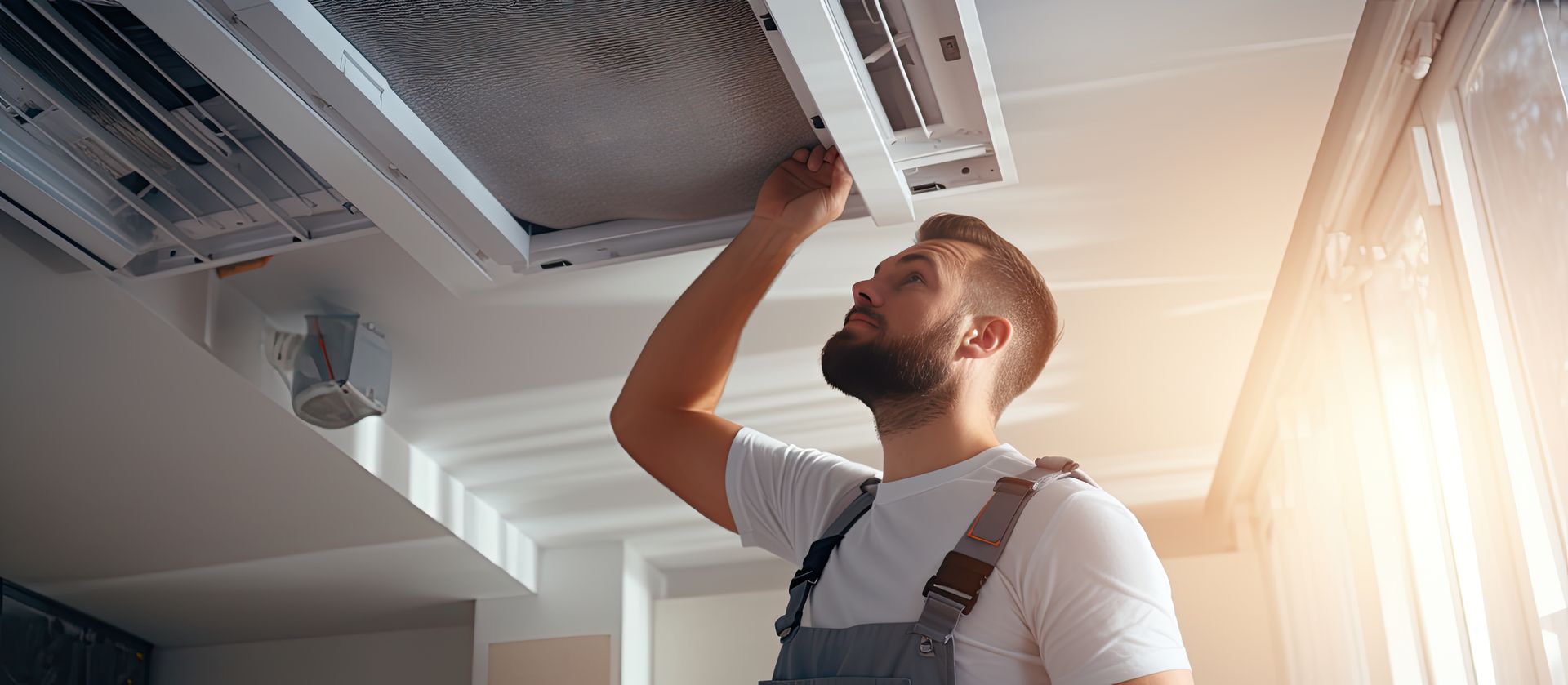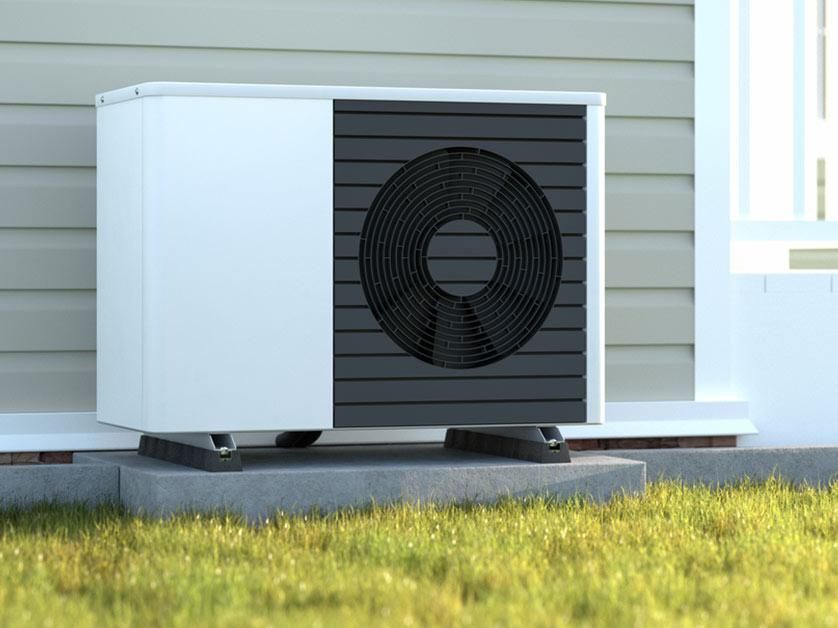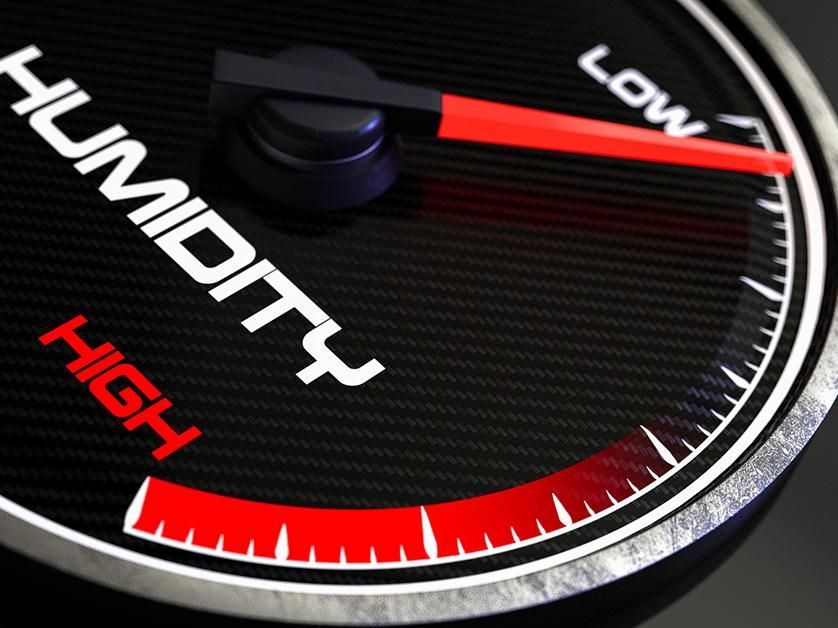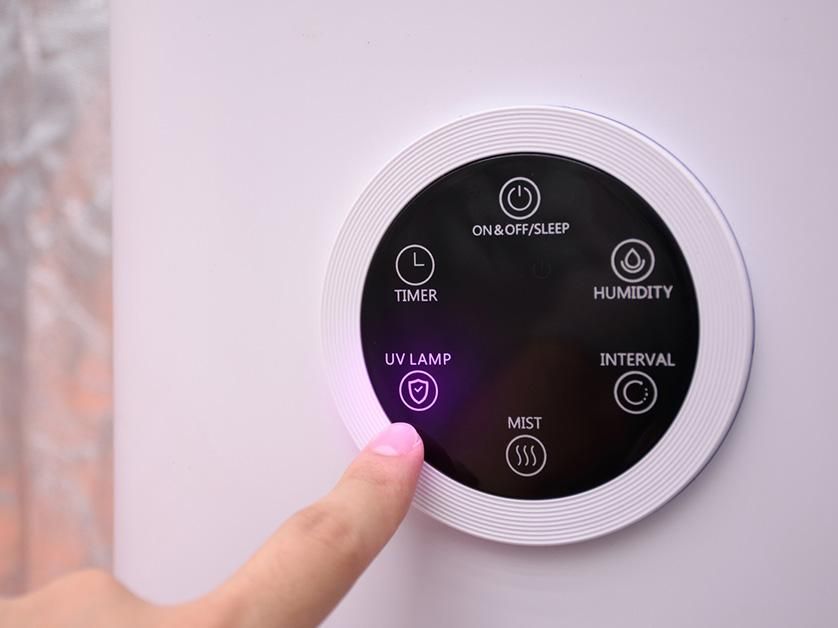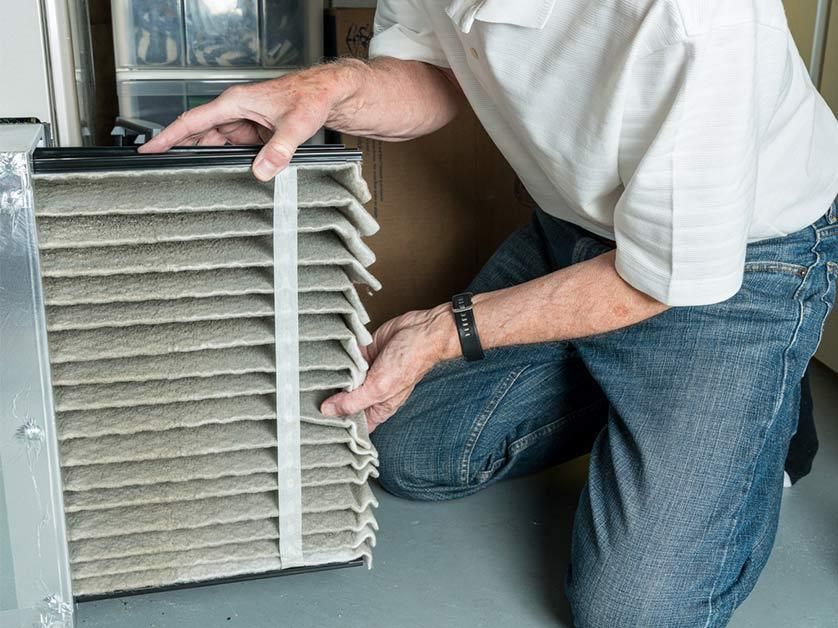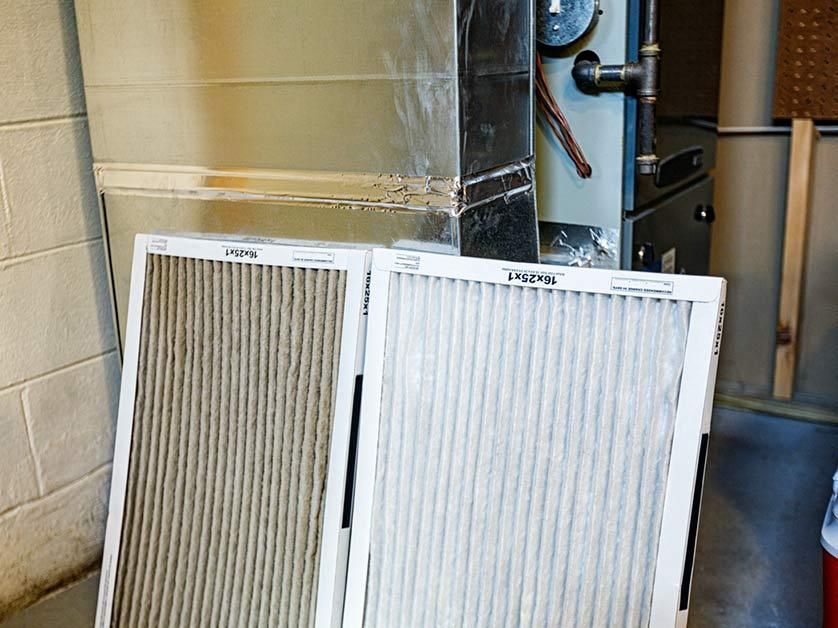Certified and Insured
What Are SEER Ratings and What They Mean for Your HVAC System
Investing in the right HVAC system is crucial. SEER ratings can help you choose the most energy-efficient option. At
Ky and Rob's HVAC Plus, located in Roy, UT, we believe that educating our customers is just as important as providing top-notch HVAC services. We'll explore SEER ratings, their significance, and how they affect your HVAC system's performance and energy bills. Let's dive into the details.
Understanding SEER Ratings
SEER stands for Seasonal Energy Efficiency Ratio. The SEER rating is a metric for evaluating the cooling efficiency of air conditioners and heat pumps. It is determined by dividing the cooling output over a typical cooling season by the total electrical energy input during the same period. In essence, it gauges how efficiently an HVAC system can cool your home throughout the season.
A higher SEER rating signifies greater efficiency in an HVAC system. For instance, a system rated at 16 SEER is more efficient than one rated at 13 SEER. The minimum SEER rating for new HVAC systems in the United States is currently 14, though this can vary depending on the region.
Why SEER Ratings Matter
SEER ratings are crucial as they significantly influence your energy use and utility expenses. Here are a few reasons why SEER ratings matter:
Energy Efficiency
Higher SEER-rated units consume less energy to cool your home, leading to lower electricity bills. This efficiency is particularly crucial during the hot summer months when your HVAC system works the hardest.
Environmental Impact
By consuming less energy, efficient HVAC systems lower greenhouse gas emissions, contributing to a healthier planet.
Comfort
A high SEER-rated system not only cools your home more efficiently but also tends to maintain a more consistent temperature. This consistency means fewer temperature swings and a more comfortable living environment.
Long-Term Savings
Although high-SEER units have a higher initial cost, their energy efficiency can lead to significant long-term savings on utility bills. Additionally, these units often come with better warranties and longer lifespans, providing greater value over time.
How to Determine the Right SEER Rating for Your Home
Several factors, such as budget, local climate, and home size, play a role in selecting the optimal SEER rating for your HVAC system. Some considerations include:
Climate
In regions with long, hot summers, investing in a higher SEER-rated unit can provide significant energy savings. If you live in a mild climate, a lower SEER rating can still provide comfortable cooling without breaking the bank.
Budget
While higher SEER-rated units are more efficient, they also come with a higher price tag. Striking a balance between your budget and your goal of energy savings is crucial. Consider financing options or rebates that can help offset the initial cost.
Home Size
Larger homes may benefit more from high SEER-rated units, as the potential energy savings are more significant. However, even smaller homes can see substantial benefits, especially if the system is used frequently.
Usage Patterns
If you use your HVAC system heavily, investing in a higher SEER-rated unit makes sense. However, if your system sees minimal use, the energy savings might not justify the higher upfront cost.
SEER Ratings and Your HVAC System's Performance
A high SEER rating can enhance your HVAC system's overall performance in several ways:
Improved Air Quality
High-efficiency systems typically feature advanced filtration options that enhance your home's indoor air quality. Improved filtration reduces the presence of allergens, dust, and pollutants, ensuring cleaner air circulation in your home.
Quieter Operation
Many high SEER-rated units are designed to operate more quietly than their lower-rated counterparts. This quiet operation can make your home more peaceful and enjoyable.
Enhanced Comfort Features
High SEER-rated systems often include advanced features such as variable-speed fans and compressors. These features allow the system to adjust its output to match your cooling needs precisely, providing better humidity control and more consistent temperatures.
Smart Technology Integration
Modern high-efficiency units frequently come equipped with smart technology that allows for remote monitoring and control. This integration can lead to more efficient operation and added convenience for homeowners.
Maximizing Your SEER Rating Investment
Make the most of your high-SEER HVAC system with these simple tips to boost energy efficiency and comfort.
Regular Maintenance
Consistent maintenance is key to ensuring your HVAC system operates at peak efficiency. Schedule annual tune-ups with Ky and Rob's HVAC Plus to ensure your system is in top shape.
Proper Installation
Let our experts handle the installation to guarantee optimal performance and energy efficiency. Improper installation can negate the benefits of a high SEER rating.
Optimal Thermostat Settings
Take control of your comfort and energy bills with a programmable or smart thermostat. Set your thermostat to higher temperatures when you're away and lower when you're home to maximize energy savings.
Airflow Management
Ensure that your home's ductwork is in good condition and that vents are not obstructed. Proper airflow is essential for your system to function efficiently and effectively.
Insulation and Sealing
Invest in proper insulation and sealing to maximize your HVAC system's efficiency and lower energy costs. Ensure that your home is well-insulated and that there are no leaks around doors and windows.
Need HVAC Services in Roy, UT? Contact Ky and Rob's HVAC Plus
At Ky and Rob's HVAC Plus, we are committed to helping our customers in Roy, UT, understand and maximize the benefits of high SEER-rated HVAC systems. If you're considering upgrading your system or need professional advice, don't hesitate to contact us. Our team of experienced technicians is ready to assist you with all your HVAC needs such as installation, maintenance, service and diagnosis, for residential and small commercial properties. Call us today at (385) 600-2750 to schedule a consultation or service appointment.
FAQs
What's the minimum legal SEER rating?
While the minimum federal SEER rating in the US is 14, specific regional regulations may impose higher standards. It's essential to check local regulations when selecting a new HVAC system.
How much can I save with a higher SEER rating?
The savings on energy bills depend on various factors, including your usage patterns, climate, and the difference in SEER ratings between your old and new units. On average, upgrading from a SEER 10 to a SEER 16 unit can result in up to 30% savings on your cooling costs.
Can I get any rebates or incentives for installing a high-SEER HVAC system?
Yes, many utility companies and government programs offer rebates and incentives for installing high-efficiency HVAC systems. Check with your local utility provider and visit energy.gov for information on available programs.
Does a higher SEER always mean better performance?
A higher SEER rating means better energy efficiency, but it's important to consider other factors like airflow and noise levels for optimal comfort. Other factors such as proper installation, maintenance, and system features also play crucial roles in overall performance.
Is it possible to upgrade the SEER rating of my existing HVAC system?
Upgrading the SEER rating of an existing HVAC system typically requires replacing the entire unit. However, some improvements, such as upgrading your thermostat or improving insulation, can enhance your system's efficiency.
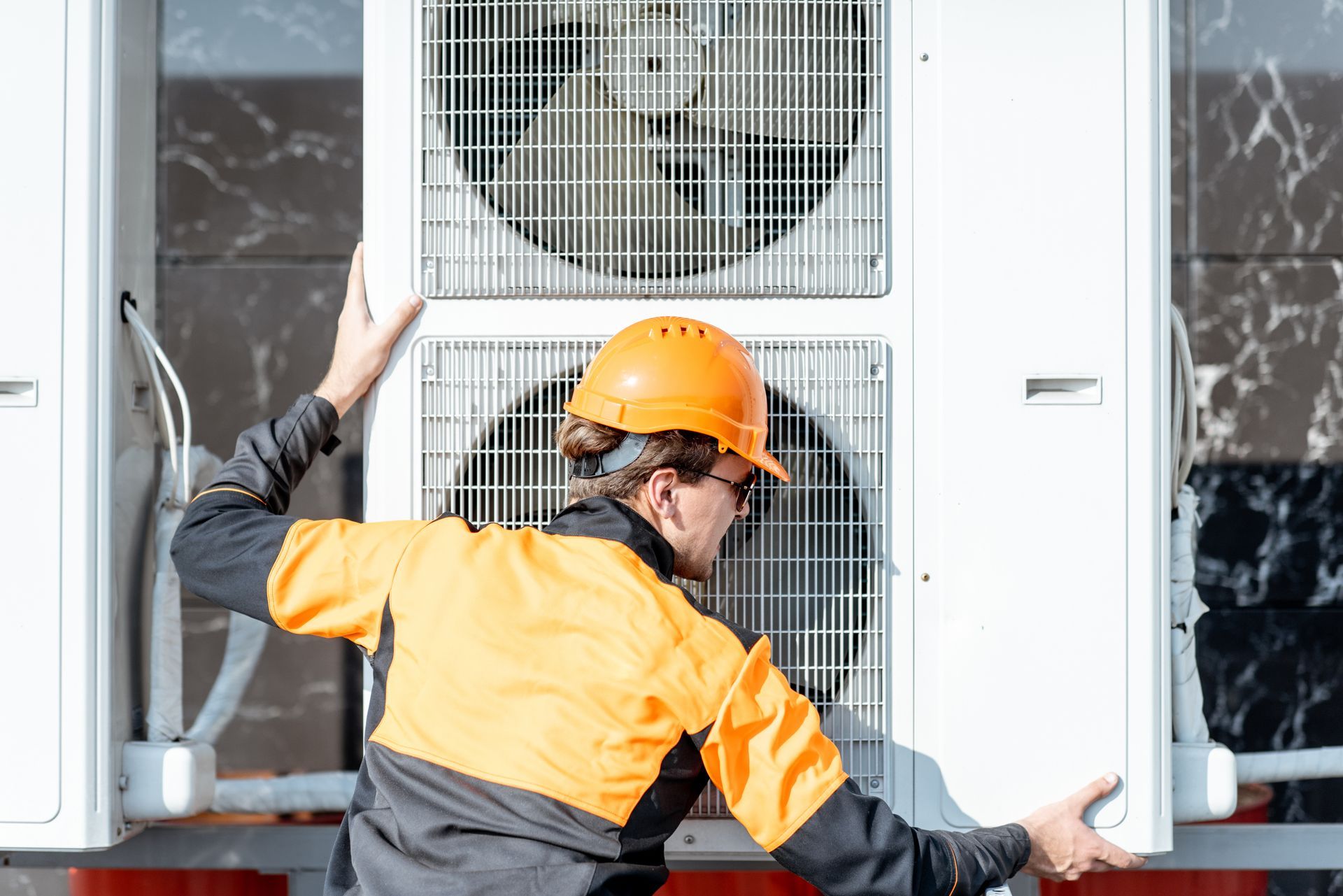
Ky and Rob's HVAC Plus


